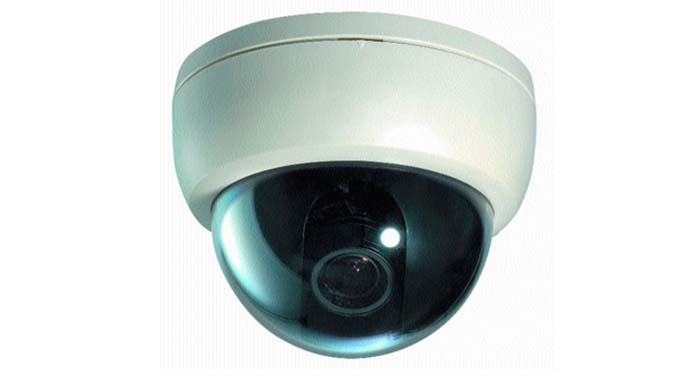CCTVs for health institutions

Paidamoyo Chipunza Senior Health Reporter
A local non-governmental health watchdog – Citizen Health Watch – has urged the Government to install closed circuit televisions (CCTVs) in major institutions to ensure patients receive appropriate and quality health services.
CHW executive director Ms Fungisai Dube said health workers’ attitudes continue to be at the top of the list of health service delivery discussions with patients.
“For the past three years that we have been monitoring maternal health service delivery in public health institutions in the country, we noted that the issue of health workers’ attitudes continue to come top of the list of grievances presented by patients,” said Ms Dube.
She said some of the patients never managed to get recourse or closure on their complaints despite bringing them to the attention of the respective institutions.
Ms Dube said to mitigate the challenge; Government must consider installing CCTVs to monitor the delivery of health services to patients.
She said in some instances, there was loss of lives, thereby contributing to high maternal mortality rates in the country.
Ms Dube said as a health watchdog, they were working with various institutions in the country to identify and follow up on some of the cases in an effort to stir dialogue between patients and institutions.
“Some women would have lost their newly born babies and to them negligence or health workers attitudes would have contributed to their loss,” she said.
“These kind of engagements will not only bring closure to their cases, but would also correct any anomaly that might have taken place during the process within the institution itself.”
Most of the women who spoke at the summit concurred that the process of bringing life needed support even from the health workers.
They said in some cases, lives were lost due to negligence and slow pace in attending to emergencies.
One of the adolescent mothers who spoke to The Herald chronicled how she lost her third child at one of the referral hospitals in Harare.
She said despite her arriving at the institution as early as 8am and having been placed on the schedule for emergency caesarean section, she was handed her baby when it was already dead around 6pm.
She said on inquiring what had happened to her baby when she was feeling all movements all along, she was given two conflicting explanations.
“Initially, I was told the baby died while it was still in the womb, but later on I was told it died soon after birth after swallowing meconium, while in the womb,” said the 24-year-old mother of one who spoke on condition of anonymity. “They said they tried to drain it, but it didn’t work.”
Several other adolescent mothers shared their experiences, with some also citing poor living conditions at some mothers’ waiting shelters.
About 100 adolescent mothers, midwives and other health workers attended the summit, which ran under the theme: “Start with the patient and leave no one behind.”
Ten midwives selected from different provinces, including nurse aid Rutendo Chiweshe from Parirenyatwa Hospital were also honoured at the summit for their sterling efforts in providing appropriate and quality health care to expectant mothers.








Comments